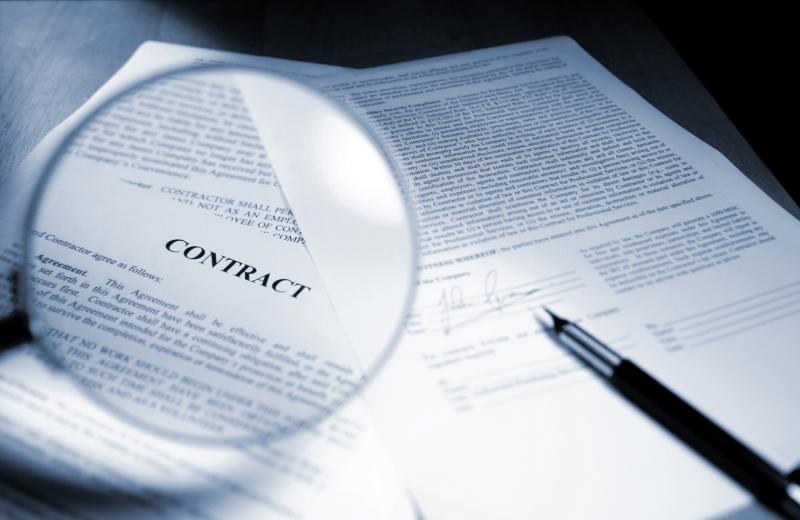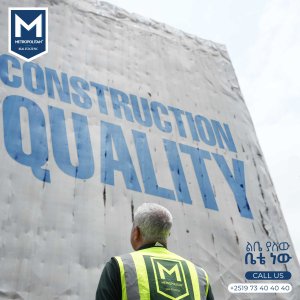Contract Preparation
A copy of the prior title insurance policy – this aids the preparer in determining whether the previous obligations – such as an old mortgage of the previous seller are satisfied and the property has title insurance. A copy of the prior deed is needed to confirm ownership and ensure that the seller’s name is correct on the new deed. Survey – a survey is the pictorial depiction of the property lines setting forth accurate property lines. Certificate of Occupancy – usually issued by the Building Dept. or similarly named municipal agency that determines what is legally permitted on a property. Personal Data – name, address, telephone number and social security number of parties is some of the information required. Tax Bill – real estate property tax bill Verifying Property Description: The legal address must be verified and it is usually accomplished by checking the section, block, and lot number as well as the corresponding street address. Metes and Bounds Description – describes the property based on how it relates to the streets around the property. Street Address is the description that is most common to the nonreal estate professional. The street address is how people describe where they live. However, the weakness with a street address is that there are multiple “Main Streets” in any given town or city.

Purchase Offer Contract:
This is the preliminary agreement usually filled out by the agent for the buyer and becomes the foundation for the more formal contract drawn up by the attorney. It is often referred to as a “binder”. The Down Payment is the buyer’s commitment to buy. It accompanies the contract the buyer has signed which is turned over to the seller’s attorney. The amount is negotiable. Who holds the down payment? Listing Agent: In areas where the broker prepares the contract and in the event no attorneys are used, the listing agent will place the money into the broker’s escrow account until the end of the transaction. Once the closing is completed and the property is conveyed to the purchaser – the broker will give the money held to the seller or the party legally entitled to it, and, if agreed, will pay himself the commission due.
Contract Procedures
Review of contract: The buyer’s attorney reviews the contract and if there are any edits and or revisions the attorneys will “workout” an agreeable contract. The buyer’s attorney will then arrange for the buyer to sign the contract.
Who signs first? The purchaser signs the contract first because the agreement is still an offer to purchase. The offer is not accepted until the seller signs the contract and receives the down payment. The seller is not obligated to the transaction until he signs the contract. If the seller decides not to go through with the sale, he may be in a position to terminate the contract. However, there will probably be an obligation to pay the broker.
Riders to the contract: The riders contain relevant information and/or give specific details regarding provisions in the boilerplate section of the contract – such as a post-occupancy clause, seller concession clause, or a repair credit clause. In addition, a rider will set forth any special conditions of the sale such as the requirement of the lender’s approval in a short sale transaction or the limited warranty that is traditionally provided in a new construction real estate transaction.
Metropolitan real estate PLC, is an American company, building quality homes in Ethiopia to fulfill the needs of luxury real estate for sale and rent in Addis Ababa and all of Ethiopia as well.




